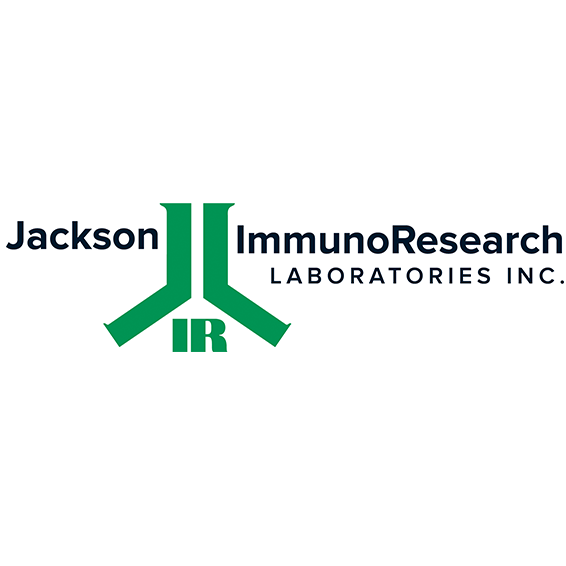Ziege IgG anti-Hamster armenisch IgG (H+L)-Cy3, MinX Bo,Hu,Ms,Rb,Rt

-
Übersicht
Artikelnummer 127-165-160 Wirtsspezies IgG-Form Spezies-Reaktivität Spezifität Isotyp Klonalität (Mono-/Polyklonal) Anwendung Durchflusszytometrie (Flow Cytometry), ELISA (Enzyme Linked Immunosorbent Assay), Immuncytochemie, Immunfluoreszenz, Immunhistochemie (Gefrierschnitte), Immunhistochemie (IHC), Immunhistochemie (Paraffingewebe)
Konjugation Maximale Anregung Maximale Emission Keine Kreuzreaktivität (MinX) mit Verdünnung Durchflusszytometrie 1:100 – 1:800, Histo-/Zytochemie 1:100 – 1:800
Format 0,05% NaN3, 15 mg/ml BSA (IgG- und Protease-frei), 250 mM NaCl, affinitätsgereinigt durch antigenspezifische Affinitätschromatographie, in 10 mM PBS (pH 7,6), Lyophilisat
Zweckbestimmung Produktlinie / Thema Hersteller / Marke - Datenblätter und Downloads
-
Weitere Produktinformationen
Based on immunoelectrophoresis and/or ELISA, the antibody reacts with whole molecule Armenian hamster IgG. It also reacts with the light chains of other Armenian hamster immunoglobulins. No antibody was detected against non-immunoglobulin serum proteins. The antibody has been tested by ELISA and/or solid-phase adsorbed to ensure minimal cross-reaction with bovine, human, mouse, rabbit, and rat serum proteins, but it may cross-react with immunoglobulins from other species.
Conjugate
Cy3 is brighter, more photostable, and gives less background than other orange-red fluorescing dye conjugates. Cy3 conjugates can be excited maximally at 550 nm, with peak emission at 570 nm. For fluorescence microscopy, Cy3 can be visualized with traditional tetramethyl rhodamine (TRITC) filter sets, since the excitation and emission spectra are nearly identical to those of TRITC. We recommend Cy3 as a brighter alternative to TRITC. Cy3 can be excited to about 50% of maximum with an argon laser (514 nm or 528 nm lines), or to about 75% of maximum with a helium/neon laser (543 nm line) or mercury lamp (546 nm line). Cy3 has been used with fluorescein for double labeling however, the use of a narrow band-pass emission filter for fluorescein is recommended to minimize Cy3 fluorescence in the FITC filter set. Cy3 can also be paired with Alexa Fluor 647 for multiple labeling when using a confocal microscope. However, a better choice for multiple labeling is Rhodamine Red-X because its fluorescence is midway between a green fluorescing dye (like Alexa Fluor 488) and a far-red-fluorescing dye like Alexa Fluor 647.
